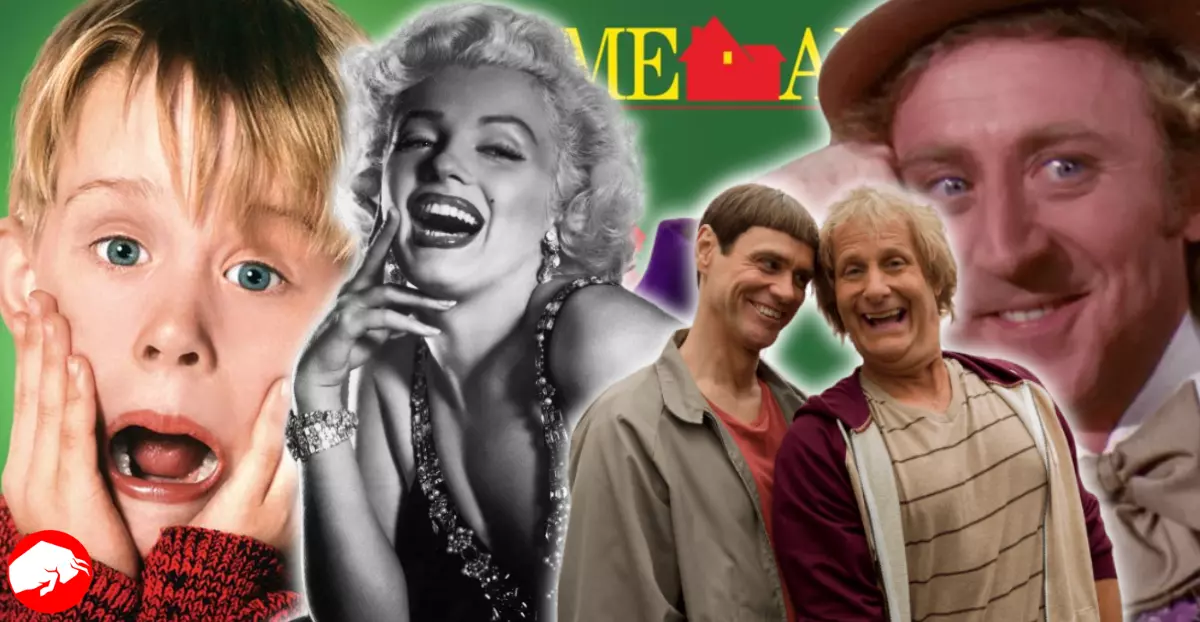Comedy films have always held a special place. Like a burst of laughter in a solemn room, they have the power to entertain, uplift, and provide a much-needed respite from the complexities of life.
Just as a well-executed joke can elicit uncontrollable laughter, the best comedy films leave an indelible mark on our collective consciousness. They are the timeless classics that have stood the test of time and continue to bring joy to audiences across generations.
We’ll set out on an adventure to discover the greatest comedy movies ever in this article. We will examine the distinct characteristics that distinguish these films from others via an objective and analytical viewpoint.
We will study the creativity behind the laughs and reveal the keys to their ongoing appeal in comedic masterpieces from the golden age of classic Hollywood comedies through the new wave from the 1980s to the 2000s.
So, grab your popcorn and get ready to explore the world of comedy cinema like never before.
Key Points
- Comedy films provide entertainment and escapism from the complexities of life.
- Clever dialogue, situational irony, and comedic timing are key elements of great comedy films.
- Comedy films offer a temporary escape, reduce stress, improve mood, and create social connections.
- Comedy often revolves around common human experiences and emotions, allowing audiences to connect and relate to the characters and situations depicted.
What Makes a Comedy Film Great?
Comedy films are considered brilliant when they successfully employ clever dialogue, situational irony, and comedic timing to elicit laughter and create an entertaining and light-hearted atmosphere for the audience.
Clever dialogue is characterized by witty wordplay, puns, and double entendres that surprise and amuse viewers. Situational irony involves presenting unexpected outcomes or events that contrast with what is expected, adding an element of surprise and humor.
Comedic timing is crucial in delivering jokes and punchlines, maximizing their comedic impact.
These elements combine to create a seamless comedic experience that engages and delights the audience. The successful execution of these techniques distinguishes great comedy films from the rest.
The Special Appeal of Comedy Films
Humor, as a film genre, can uniquely captivate audiences with its skillful blend of wit, satire, and comedic timing. The special appeal of comedy movies lies in their ability to temporarily escape life’s realities and create a sense of joy and laughter.
Here are four reasons why comedy movies are so appealing:
- Escapism: Comedy movies offer a break from the monotony of everyday life by providing a light-hearted and entertaining experience.
- Cathartic Release: Laughter has been proven to reduce stress and improve mood, making comedy movies a great way to unwind and release tension.
- Universal Relatability: Comedy often revolves around everyday human experiences and emotions, allowing audiences to connect and relate to the characters and situations depicted.
- Social Bonding: Watching comedy movies with friends or family can enhance social connections and create shared memories.
07 Classic Hollywood Comedies
Marilyn Monroe, known for her gentle blonde sex symbol image, was also a comic genius with her impeccable timing and comedic delivery.
Cary Grant was a master of the screwball comedy genre, effortlessly blending charm and wit to create unforgettable comedic performances.
On the other hand, Jack Lemmon established himself as the king of slapstick, captivating audiences with his physical humor and comedic timing.
Rosalind Russell brought riotous wit and charisma to the screen, while Peter Sellers showcased his versatility as a chameleon comedian, appealing to audiences of all ages.
Marilyn Monroe: Gentle Blonde Sex Symbol and Comic Genius
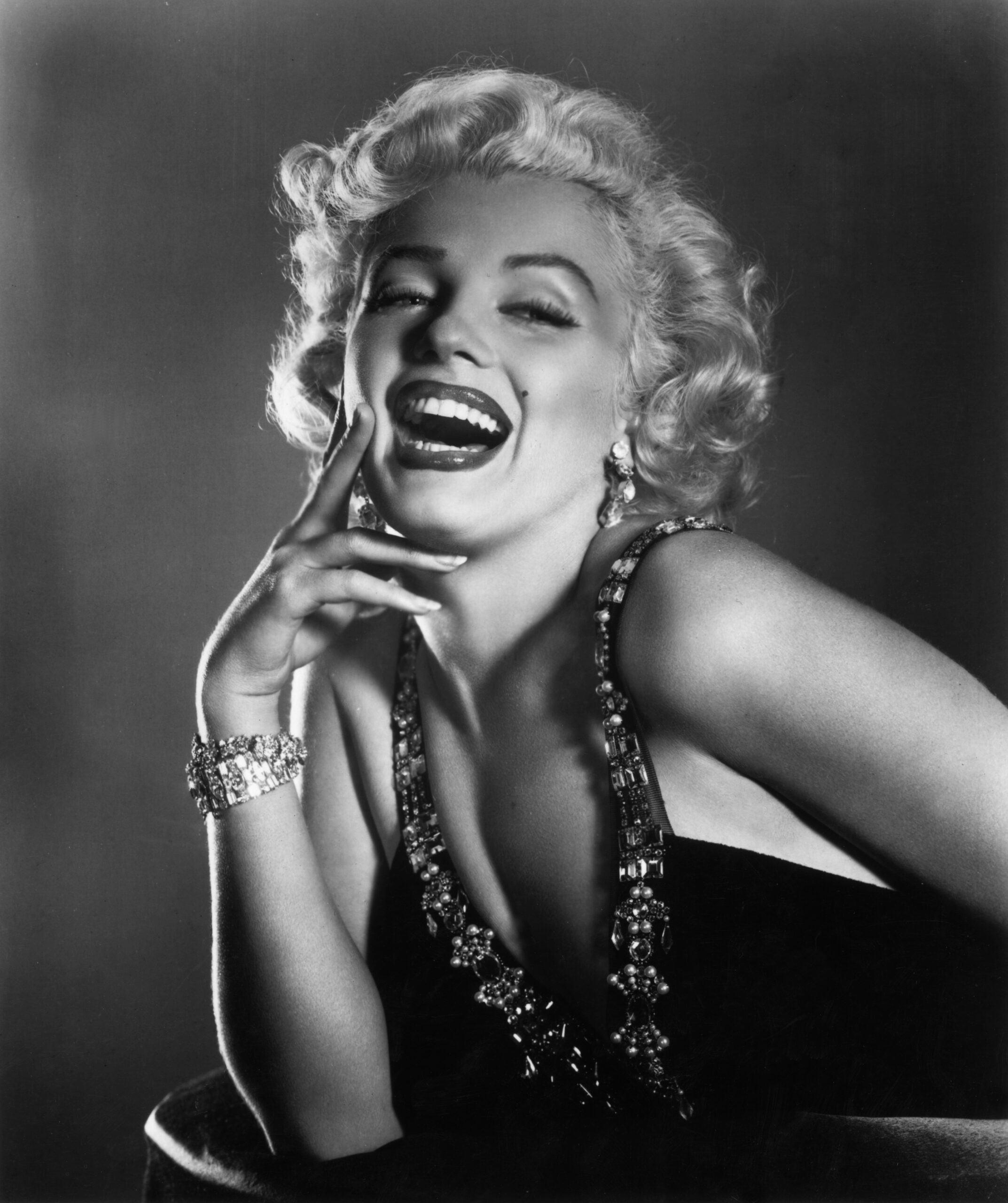
Marilyn Monroe’s iconic status as a gentle blonde sex symbol and comic genius has captivated audiences for decades, with her films grossing over £200 million at the box office. Her ability to seamlessly transition between her seductive persona and her comedic talents solidified her as one of the most versatile actresses of her time.
Here are three reasons why Marilyn Monroe’s comedic performances continue to resonate with audiences:
- Charm And Charisma: Monroe’s on-screen presence was magnetic, drawing audiences in with her undeniable charm and charisma. Her infectious smile and flirtatious nature added an extra layer of humor to her performances.
- Physical Comedy: Monroe’s comedic prowess extended beyond her witty dialogue. She had a natural talent for physical comedy, using her body language and facial expressions to elicit laughter from the audience.
- Timing And Delivery: Monroe had impeccable comedic timing and delivery. Whether it was a perfectly timed pause or a well-executed punchline, she knew how to make her lines land with maximum impact.
Cary Grant: Master of the Screwball Comedy
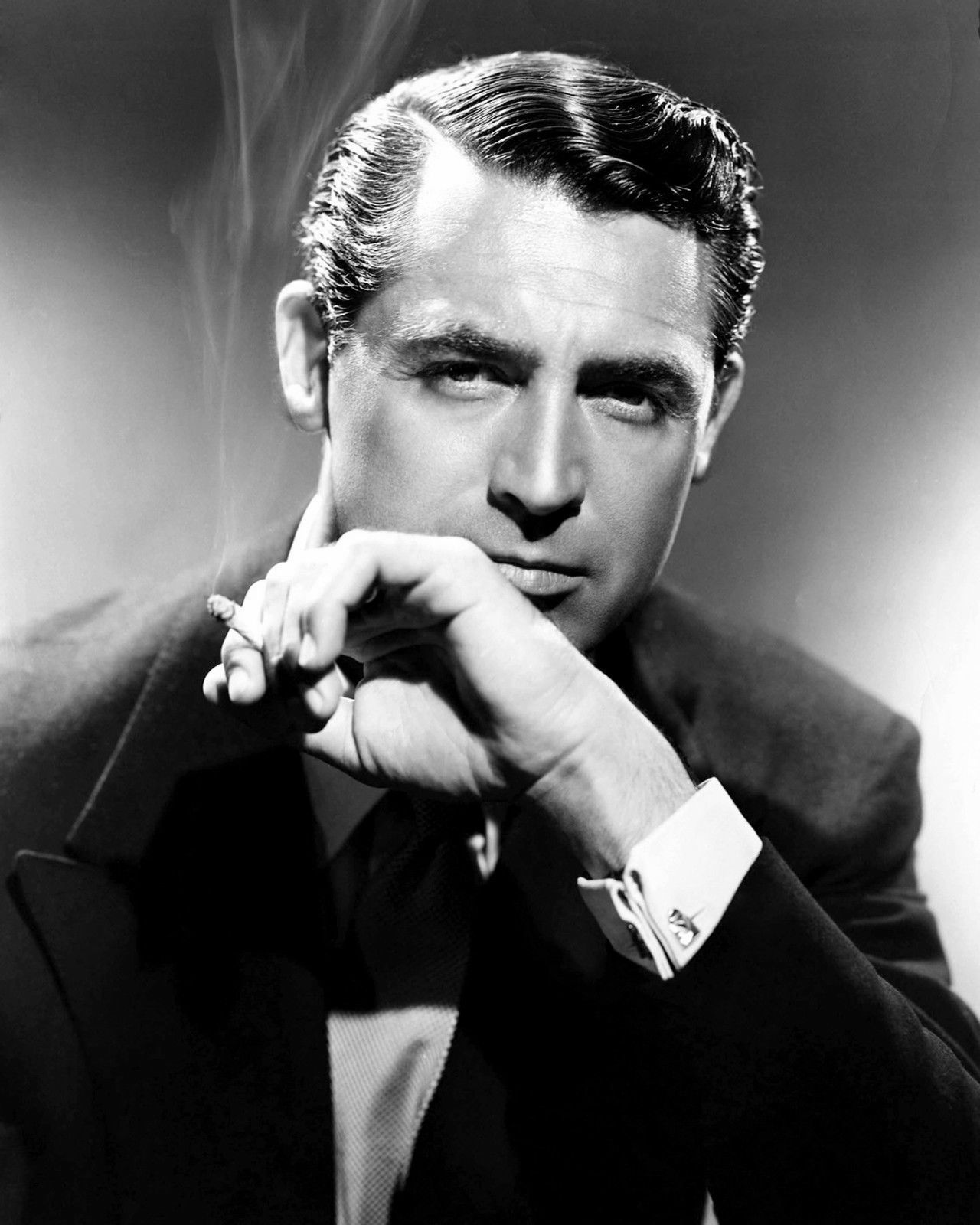
Cary Grant’s mastery of the screwball comedy genre can be attributed to his impeccable comedic timing and charismatic on-screen presence. With his suave demeanor and impeccable delivery, Grant became a staple in the genre, consistently delivering captivating performances.
His ability to effortlessly navigate screwball comedies’ witty and fast-paced dialogue allowed him to create memorable characters that resonated with audiences. Grant’s knack for physical comedy further enhanced his comedic repertoire, as he seamlessly incorporated slapstick elements into his performances.
His versatility as an actor allowed him to effortlessly transition between comedic and dramatic roles, solidifying his status as one of the greatest actors of his time. Grant’s contributions to the screwball comedy genre continue to be celebrated, and his influence can still be seen in the comedic performances of today.
Jack Lemmon: the King of Slapstick
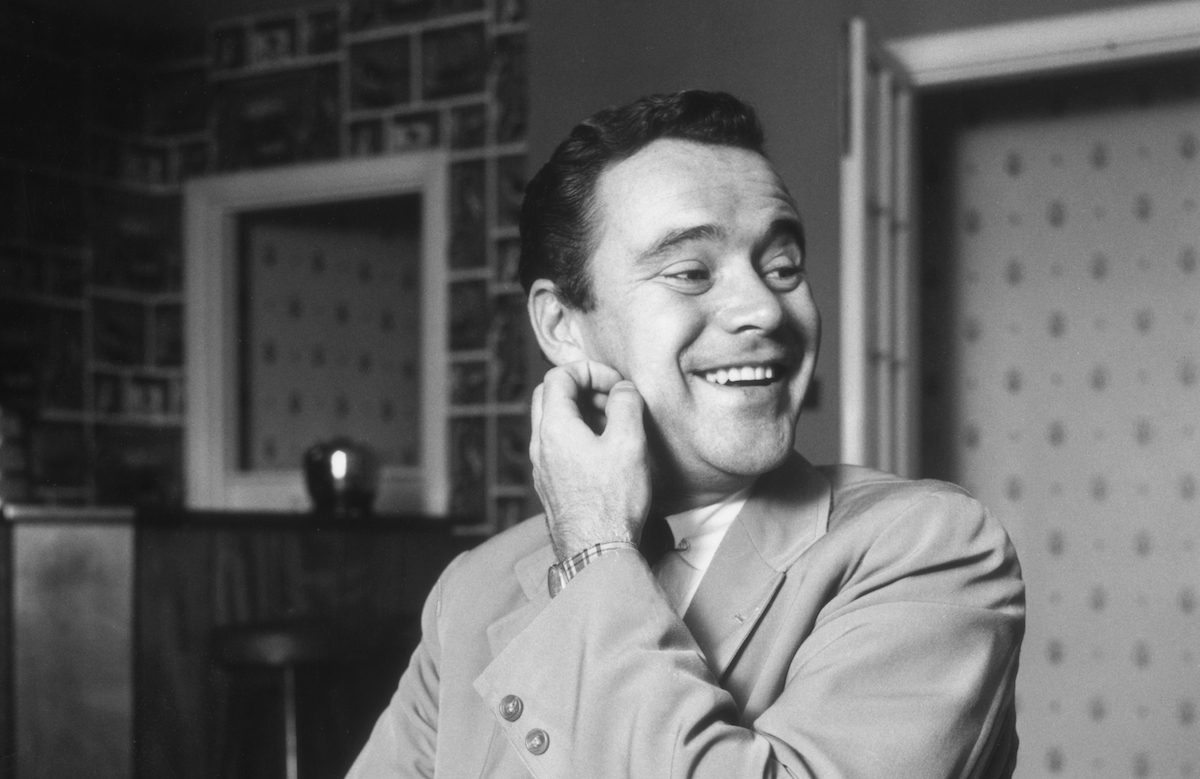
Jack Lemmon’s mastery of slapstick comedy is evident in his performance in the film ‘Some Like It Hot,’ where he falls and engages in physical comedy a staggering 12 times throughout the movie. Lemmon’s impeccable timing and physicality make him the king of slapstick.
His ability to execute complex physical gags with precision and finesse is unparalleled. Lemmon’s comedic brilliance shines through his exaggerated movements, facial expressions, and perfectly timed reactions.
Lemmon’s physical comedy is not only hilarious but also serves as a commentary on the absurdity of life. Lemmon explores themes of identity and self-expression through slapstick in a light-hearted and entertaining manner.
Lemmon’s commitment to physical comedy showcases his dedication to his craft and willingness to go the extra mile for a laugh. Lemmon’s mastery of slapstick comedy paved the way for future comedic actors to follow in his footsteps.
Rosalind Russell: Riotous Wit and Charisma on Screen
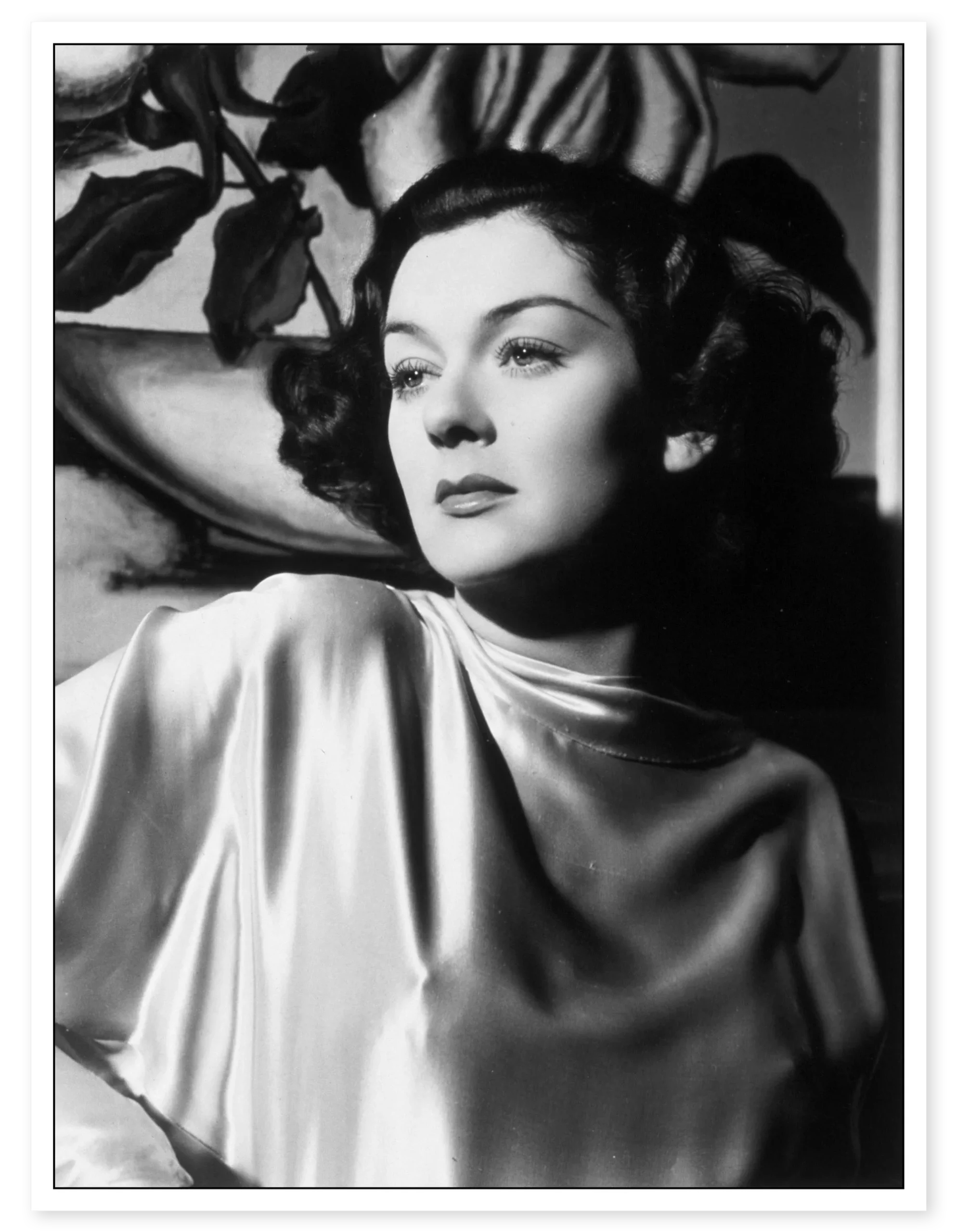
Her riotous wit and undeniable charisma characterize Rosalind Russell’s screen presence. Her ability to deliver fast-paced, sharp-witted dialogue with perfect timing made her one of the most talented comedic actresses of her time.
Russell’s performances in films like ‘His Girl Friday’ and ‘Auntie Mame’ showcased her impeccable comedic timing and ability to command the screen. She effortlessly portrayed strong, independent women with a quick wit and a touch of elegance.
Russell’s comedic performances were hilarious and showcased her versatility as an actress. She could seamlessly transition from delivering a punchline to conveying deep emotion, adding depth to her comedic characters. Her enduring legacy as a comedic actress is a testament to her immense talent and lasting impact on the comedy world.
Peter Sellers: Chameleon Comedian for All Ages
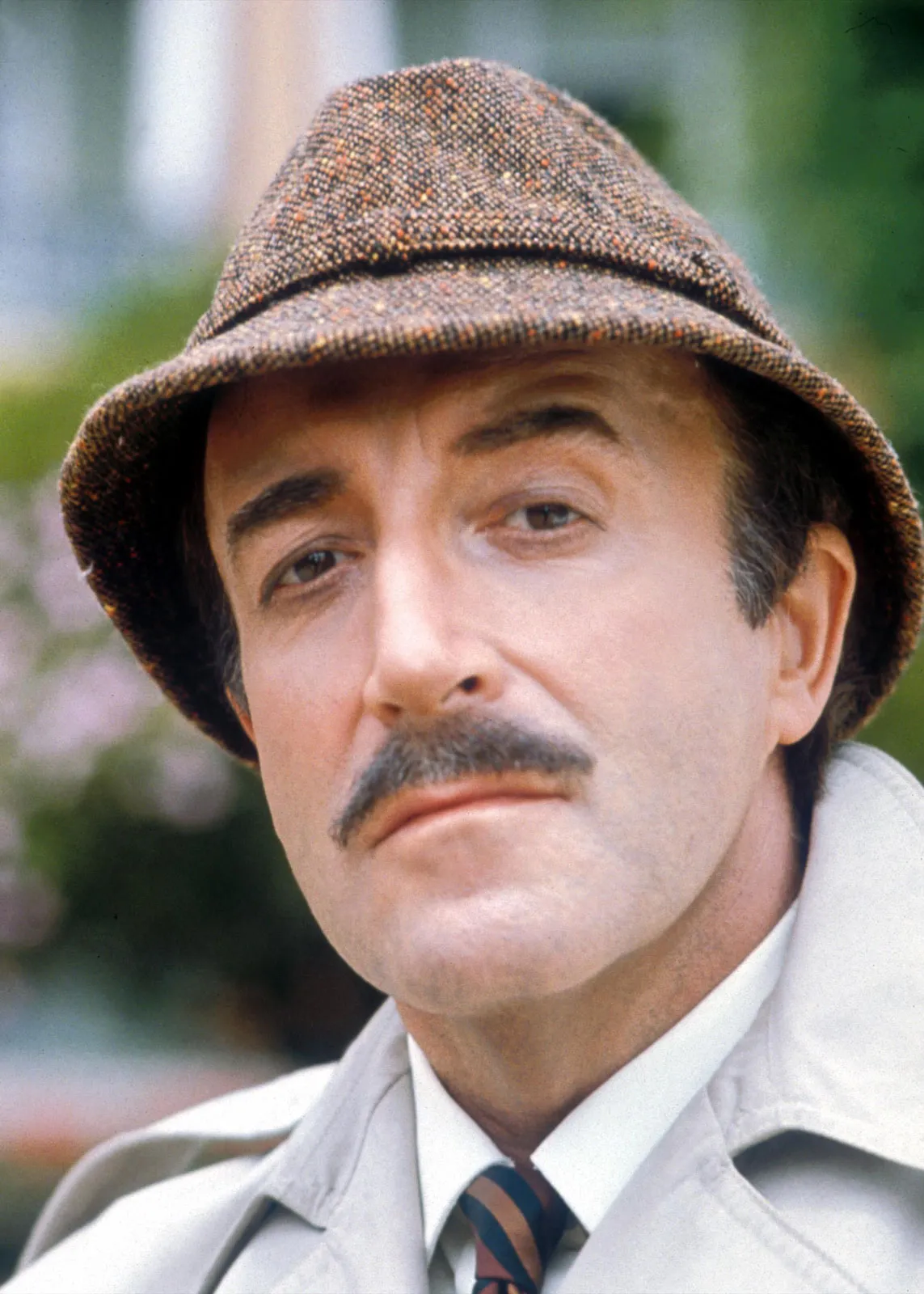
Peter Sellers, known for his remarkable ability to transform into a wide range of comedic characters, captivated audiences of all ages with his chameleon-like talent. His versatility in portraying characters with distinct accents, physical quirks, and idiosyncrasies made him a comedic force to be reckoned with.
Sellers’ ability to seamlessly transition from one character to another was unparalleled.
- In ‘The Pink Panther,’ Sellers brought to life the bumbling yet lovable Inspector Clouseau, delivering memorable comedic moments through his impeccable timing and physical comedy.
- In ‘Dr. Strangelove,’ Sellers played multiple roles, showcasing his ability to embody vastly different characters, from the reserved President Merkin Muffley to the eccentric Dr. Strangelove himself.
- In ‘Being There,’ Sellers portrayed the simple-minded gardener named Chance, captivating audiences with his understated and nuanced performance.
Buster Keaton: Genius in Silent Film Comedy
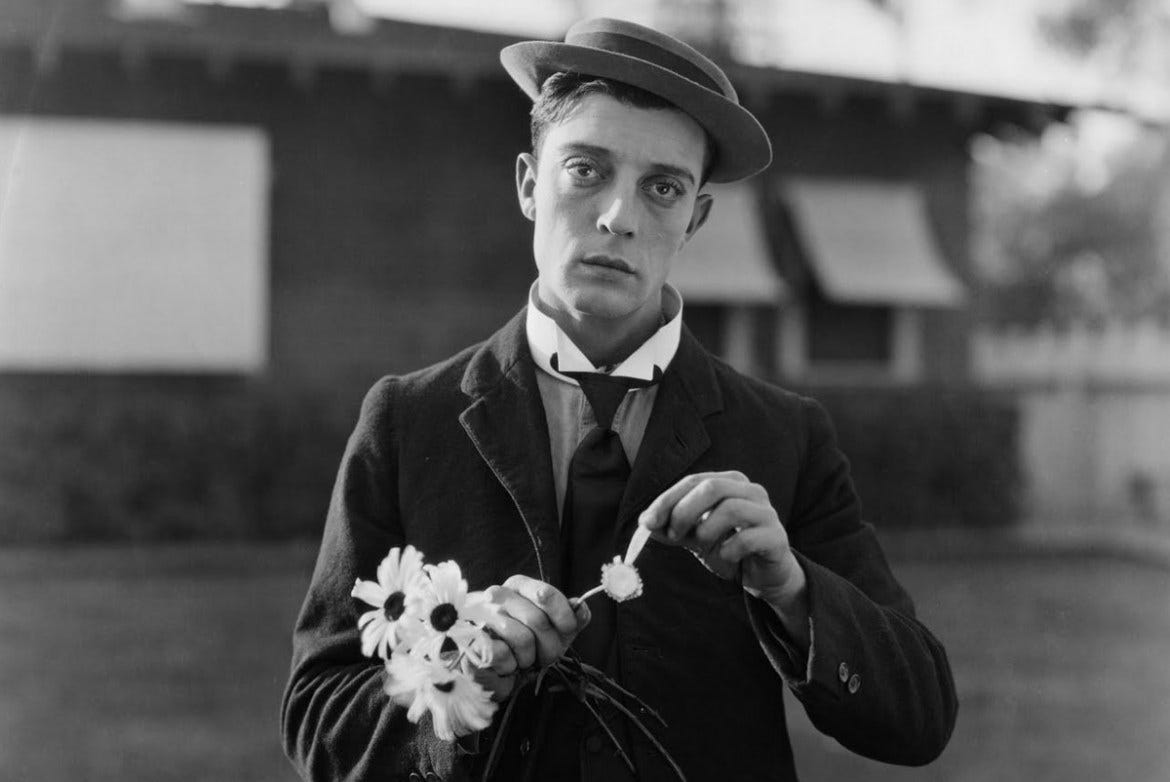
Buster Keaton, a pioneer in the realm of silent film comedy, captivated audiences with his innovative and physical comedic style that transcended the limitations of dialogue.
Known for his deadpan expression, precise timing, and daring stunts, Keaton’s films showcased his unparalleled ability to create laughter through visual gags and slapstick humor.
His meticulous attention to detail and commitment to authenticity allowed him to seamlessly integrate comedy into action, resulting in timeless classics such as ‘The General and ‘Sherlock Jr.’
Keaton’s influence on the comedy genre cannot be overstated, as his work continues to inspire and entertain audiences.
Billy Wilder: Darkly Brilliant Director-Writer-Producer
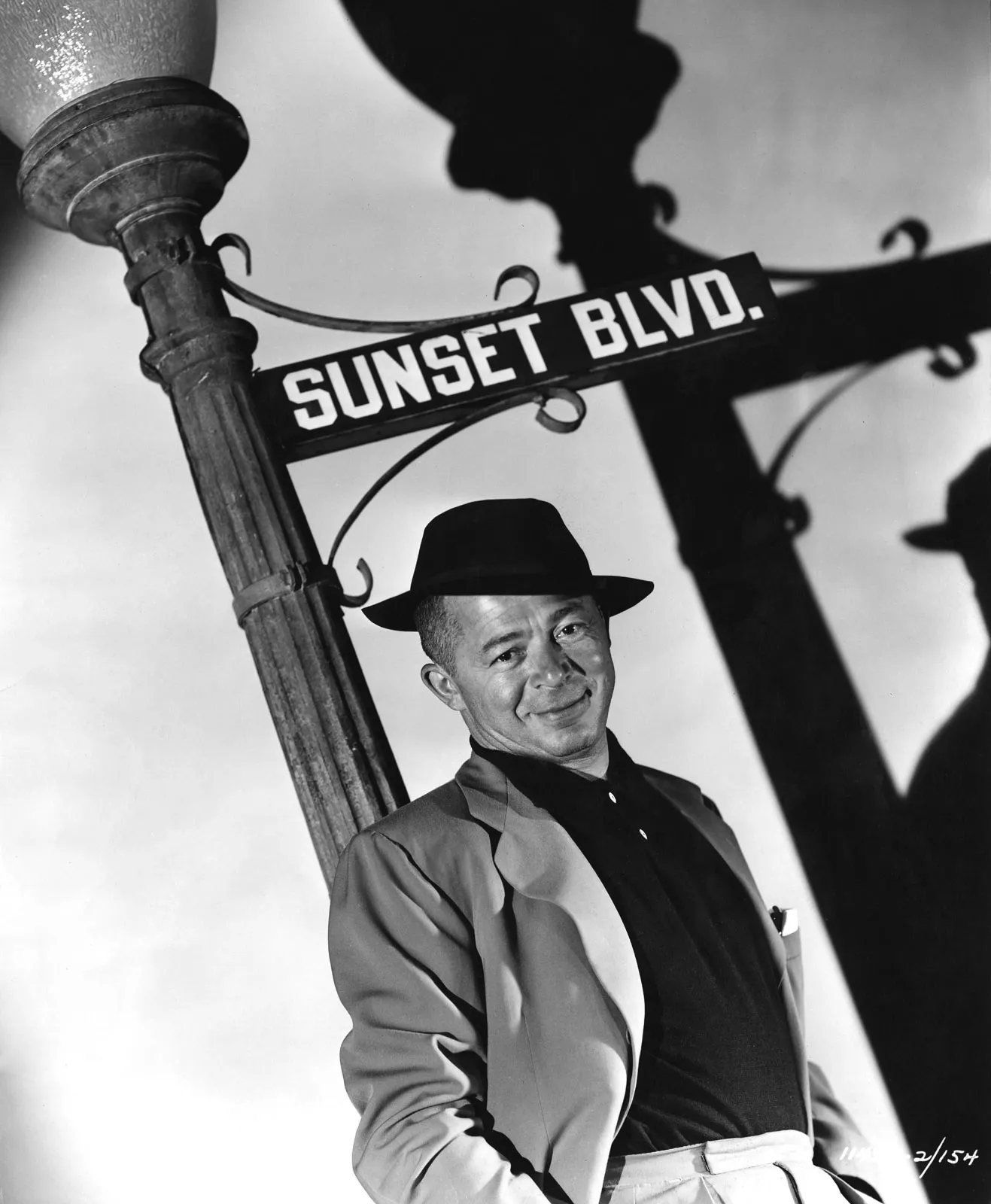
Billy Wilder, known for his darkly brilliant approach to filmmaking, directed, wrote, and produced 27 feature films throughout his career. His work spanned various genres, but he is best known for his contributions to comedy.
Wilder’s comedies were characterized by their sharp wit, biting satire, and cynical humor. He often explored controversial subjects and pushed the boundaries of what was acceptable in mainstream cinema. His most notable comedy films include ‘Some Like It Hot,’ ‘The Apartment,’ and ‘Sunset Boulevard.’
Wilder’s unique blend of dark humor and social commentary made him a pioneer in the genre, and his influence can still be seen in contemporary comedy films. Transitioning into the subsequent section about the ’90s to 2000s – the new wave of comedies, Wilder’s legacy set the stage for a new era of comedic storytelling.
1980s to 2000s – New Wave of Comedies
The New Wave of Comedies in the 1980s to 2000s produced several key figures and styles that defined the era. John Hughes’ Coming-of-Age Films captured the essence of teenage life with themes of identity, love, and rebellion.
John Belushi’s Silliness and Impetuousness made him a comedic force to be reckoned with, as he fearlessly embraced physical comedy and wild improvisation.
Jeff Daniels’ Everyman Appeal and Versatility allowed him to seamlessly transition from comedic to dramatic roles, showcasing his range as an actor.
Lastly, Gene Wilder’s Perfectly Timed Zucker Humour brought an unmatched level of wit and precision to his performances, making him a beloved comedic genius.
John Hughes’ Coming-of-Age Films
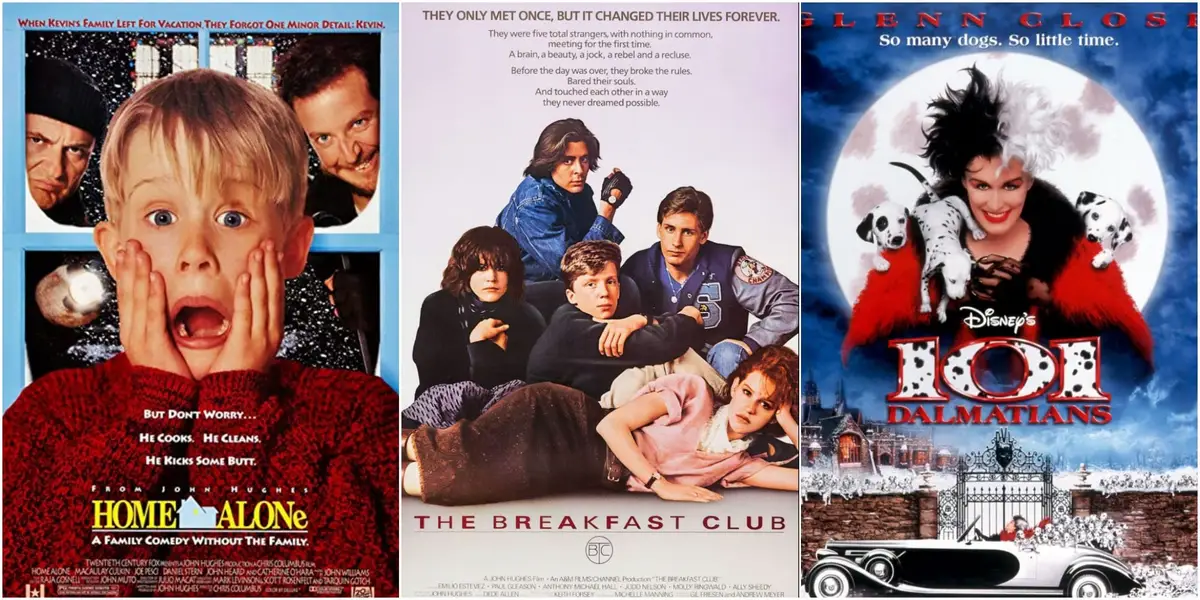
John Hughes’ coming-of-age films have left an indelible mark on the comedy genre, captivating audiences with relatable and memorable characters.
Hughes, a master of storytelling, expertly depicted the trials and tribulations of adolescence, capturing the angst, insecurities, and triumphs that define this transitional period in one’s life.
His films, such as ‘The Breakfast Club,’ ‘Sixteen Candles,’ and ‘Ferris Bueller’s Day Off,’ seamlessly blend comedy with heartfelt moments, creating a perfect balance that resonates with viewers.
Hughes’ keen understanding of the teenage experience and his ability to inject humor into even the most mundane situations elevated these films to iconic status. Through his work, Hughes entertained audiences and provided a genuine reflection of the universal challenges young adults face.
John Belushi’s Foolishness and Impulsiveness
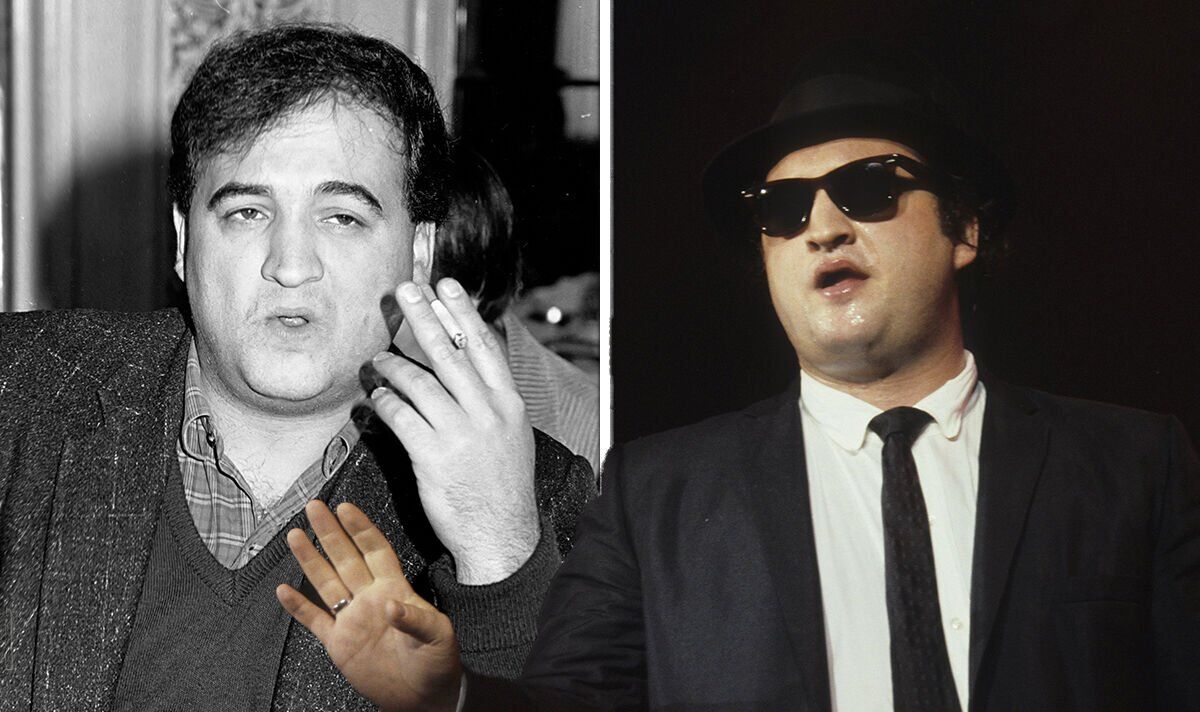
Belushi’s comedic style exudes unrestrained silliness and impetuousness, injecting a vibrant energy into the comedy landscape akin to a firework exploding in the night sky. His larger-than-life persona on screen captivated audiences, and his physical comedy skills were unparalleled.
Belushi had a unique ability to seamlessly blend slapstick humor with sharp wit, creating a comedic experience that was both hilarious and thought-provoking. His improvisational skills were legendary, and he could effortlessly adapt to any situation, making each performance feel fresh and spontaneous.
Belushi’s talent for portraying outrageous characters, such as the iconic Bluto Blutarsky in ‘Animal House,’ showcased his fearlessness and commitment to his craft.
Jeff Daniels’ Everyman Appeal and Versatility
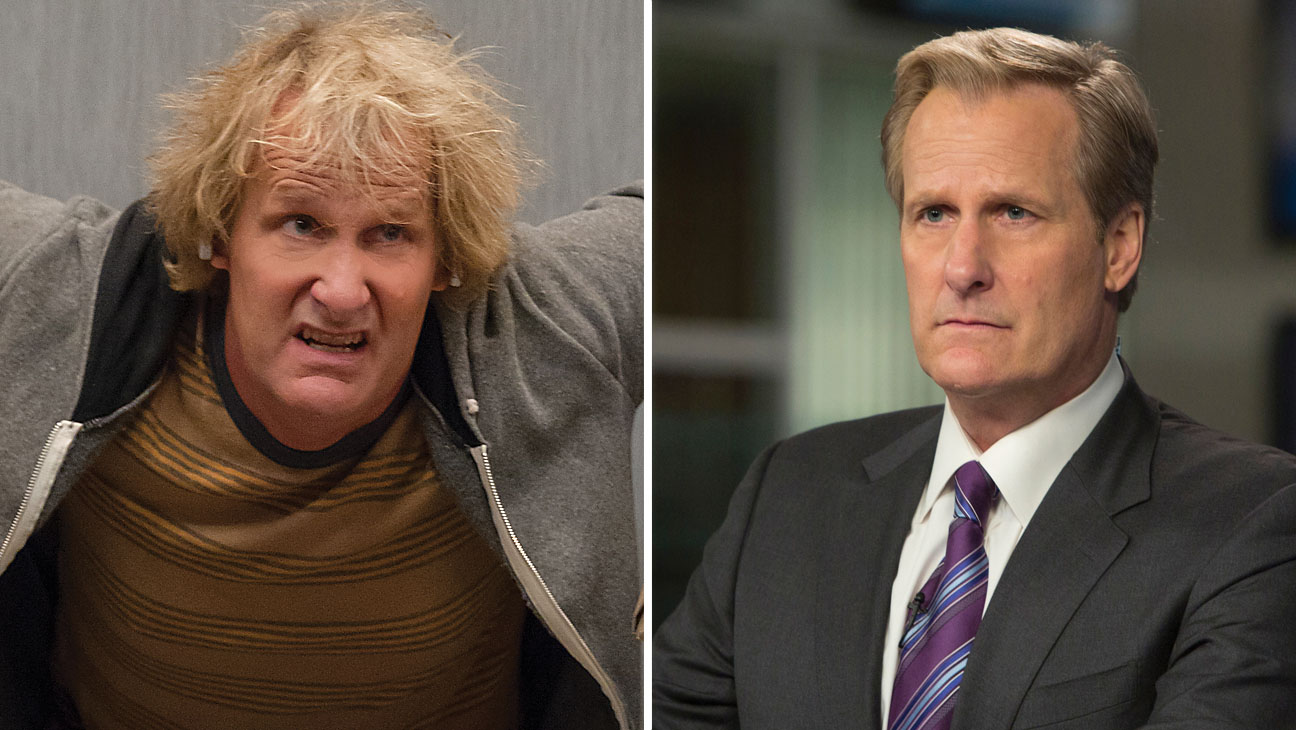
Jeff Daniels’ ability to effortlessly embody relatable characters with his versatile acting range has made him stand out in the comedy genre. His everyman appeal allows audiences to easily connect with his characters, as he brings a sense of authenticity and vulnerability to his performances.
Daniels’ comedic timing is impeccable, and he can deliver subtle humor and over-the-top comedic moments with equal skill. His versatility as an actor is evident in his ability to seamlessly transition between comedic and dramatic roles, further showcasing his talent and range. Daniels’ nuanced performances have earned him critical acclaim and a loyal fan base.
Gene Wilder’s Perfectly Timed Zucker Humour
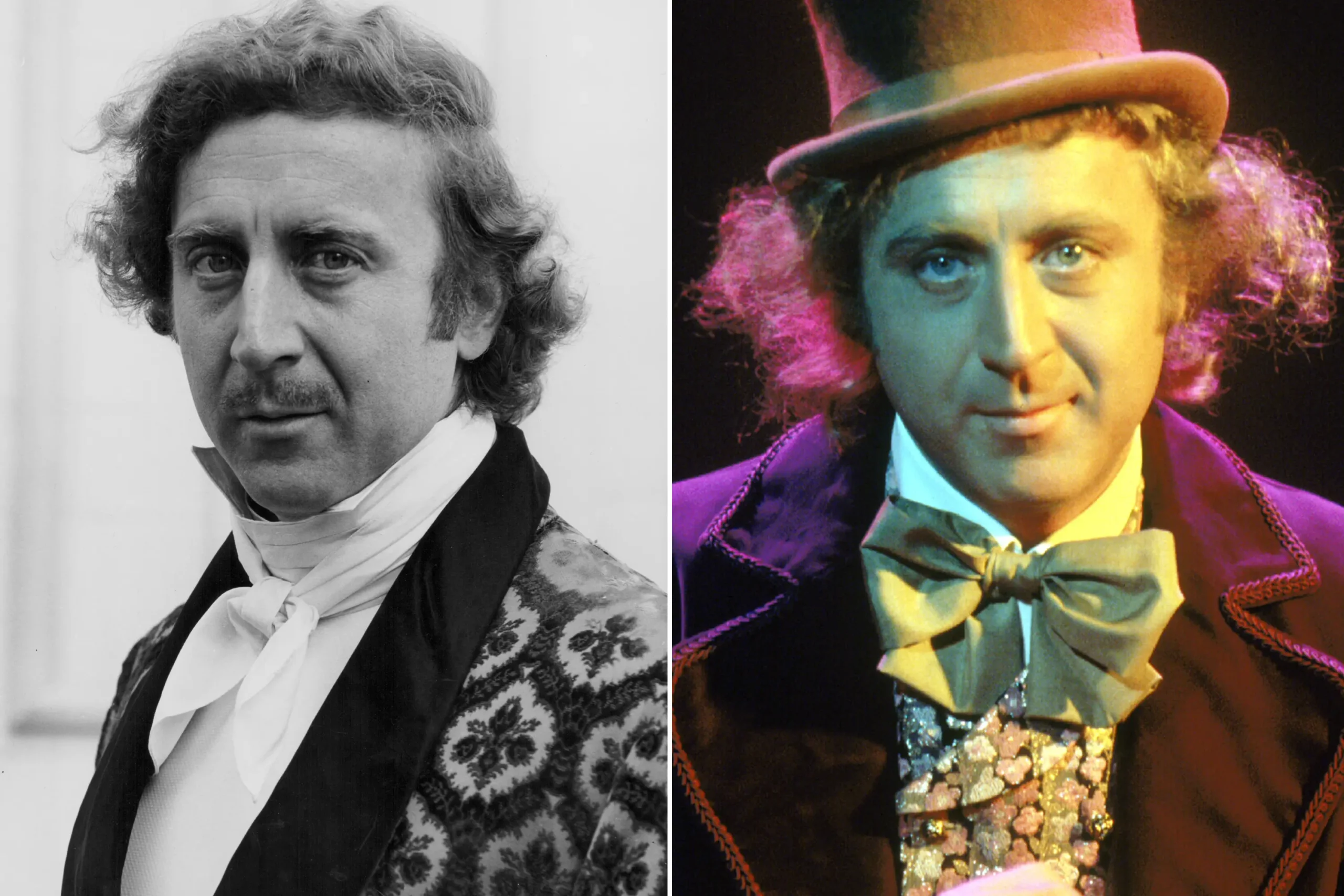
Transitioning from Jeff Daniels’ Everyman Appeal and Versatility to Gene Wilder’s Perfectly Timed Zucker Humour, we shift our focus from one actor’s range to another’s comedic timing.
Gene Wilder, known for his collaborations with director Mel Brooks and his iconic role as Willy Wonka, showcased his exceptional talent for delivering humor that was perfectly timed and executed with precision. Wilder’s ability to balance physical comedy with witty dialogue allowed him to create memorable and hilarious characters.
His performances in films like ‘Blazing Saddles’ and ‘Young Frankenstein’ exemplify his mastery of the Zucker humor style, characterized by rapid-fire jokes, clever wordplay, and absurd situations.
Wilder’s comedic brilliance entertained audiences and influenced future generations of comedians, making him an integral part of the pantheon of great comedy actors.
Conclusion
In comedy films, greatness is defined by a combination of factors. A successful comedy film delivers humor and possesses a strong narrative, compelling characters, and clever dialogue.
These films have a special appeal that transcends time and continues entertaining audiences. The genre has evolved from the classic Hollywood comedies of the past to the new wave of comedies in the 1980s to 2000s.
With their wit, charm, and comedic timing, these films have left an indelible mark on cinema. The best comedy films of all time are a testament to the power of laughter and the enduring impact of a well-crafted punchline.


